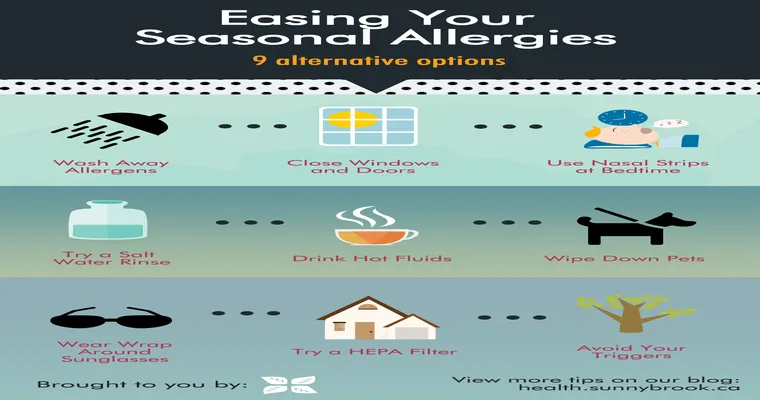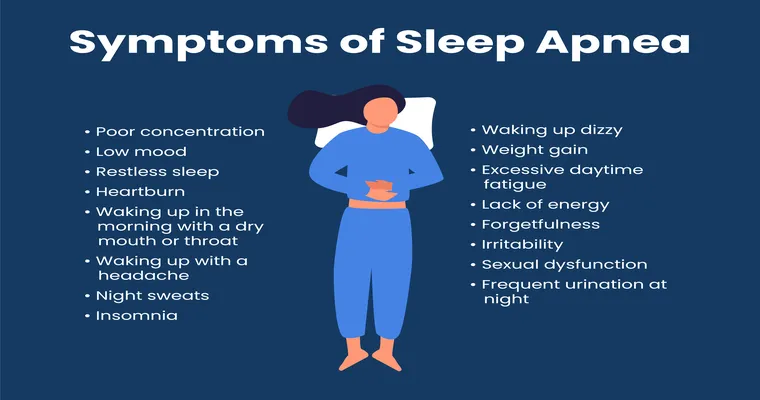As the seasons change, many "seniors" face the challenges of "allergy season". Allergies can significantly impact their quality of life, leading to discomfort and health complications. It is crucial to understand how to help a senior safely manage their allergy symptoms while ensuring their overall health and well-being. Here are some effective strategies to support them during this challenging time.
Understand Common Allergens
Knowing what triggers allergies is the first step in managing them. Common allergens include "pollen", dust mites, mold, and pet dander. Encourage the senior to keep a diary of their symptoms to identify specific triggers. If pollen is a significant issue, they should limit outdoor activities during high pollen counts, which are typically highest in the morning.
Keep Indoor Air Clean
Creating a clean indoor environment can greatly alleviate allergy symptoms. Invest in a high-quality "air purifier" to filter out allergens from the air. Regularly change air filters in heating and cooling systems, and consider using allergen-proof covers on pillows and mattresses. Encourage the senior to keep windows closed during peak pollen times and to use air conditioning to maintain a comfortable indoor temperature.
Maintain a Regular Cleaning Schedule
Dust and allergens accumulate quickly in homes. Establish a regular cleaning routine that includes vacuuming with a HEPA filter, dusting surfaces, and washing bedding in hot water. If the senior is unable to do this themselves, consider hiring a cleaning service or asking family members for assistance. Keeping the living space clean can significantly reduce exposure to allergens.
Manage Medications Wisely
Many seniors rely on "over-the-counter" or prescription medications to manage their allergy symptoms. It is important to ensure they take these medications as directed. Consult with a healthcare provider to find the most effective antihistamines or nasal sprays. Additionally, remind them to avoid potential interactions with other medications they may be taking.
Encourage Hydration and Healthy Eating
Staying hydrated and eating a balanced diet can support the immune system. Encourage the senior to drink plenty of water and consume foods rich in vitamins and antioxidants, such as fruits and vegetables. Foods high in omega-3 fatty acids, like fish and flaxseed, may also help reduce inflammation.
Consider Natural Remedies
Some seniors may prefer natural remedies for allergy relief. Options such as "saline nasal rinses" can help clear allergens from the nasal passages. Herbal teas, such as peppermint or chamomile, may provide soothing effects. However, it is essential to discuss any natural remedies with a healthcare provider to ensure they are safe and appropriate.
Create a Safe Outdoor Routine
If the senior enjoys spending time outside, it is crucial to create a safe outdoor routine. Encourage them to monitor pollen counts through local forecasts and plan outdoor activities accordingly. Wearing sunglasses and a wide-brimmed hat can help protect their eyes and face from pollen exposure. After spending time outdoors, remind them to change clothes and shower to wash away any lingering allergens.
Stay Informed
Keeping up-to-date on local allergen forecasts can help seniors prepare for allergy season. Encourage them to use apps or websites that provide real-time pollen counts and alerts. Being informed allows them to take proactive measures to minimize exposure.
Conclusion
Helping a senior safely manage "allergy season" involves a combination of understanding their specific triggers, maintaining a clean environment, managing medications, and encouraging healthy habits. By taking these steps, you can significantly improve their comfort and well-being during allergy season. Always consult healthcare professionals for personalized advice and support tailored to their needs.





